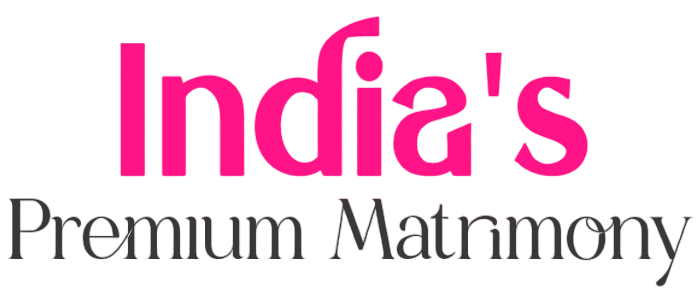Navigating Cultural and Religious Boundaries

Love knows no boundaries, but when it comes to finding a life partner, cultural and religious factors often play a significant role. Marriage bureaus have recognized this and have evolved to cater to the diverse needs of communities with different cultural and religious backgrounds. In this blog post, we will explore how marriage bureaus navigate these boundaries and provide a platform for individuals to find love within their cultural and religious contexts.
One of the key strengths of marriage bureaus lies in their understanding of the importance of cultural and religious compatibility. They recognize that shared values, traditions, and beliefs are crucial factors that contribute to a successful and fulfilling relationship. By focusing on these aspects, marriage bureaus create an environment where individuals can connect with potential partners who understand and appreciate their cultural and religious background.
Marriage bureaus often have specialized teams or matchmakers who are well-versed in the customs, traditions, and requirements of different communities. They possess a deep understanding of the cultural and religious dynamics within their client base. This knowledge allows them to offer tailored services, taking into account specific cultural practices, preferences, and expectations. Whether it’s ensuring compatibility in dietary choices, language proficiency, or family traditions, marriage bureaus strive to bridge the gap and provide a platform that respects and accommodates diverse backgrounds.
In addition to their expertise, marriage bureaus also foster a sense of community and belonging for individuals seeking partners within their cultural and religious communities. They create spaces where like-minded individuals can connect, share experiences, and support each other throughout the matchmaking process. This sense of community provides a comforting and reassuring environment, especially for individuals who are navigating the complexities of finding a partner while staying true to their cultural and religious values.
The role of marriage bureaus goes beyond matchmaking; they often act as cultural ambassadors and facilitators. They understand the importance of effective communication and bridge the gap between individuals from different cultural and religious backgrounds. This includes providing resources and guidance on intercultural relationships, facilitating conversations around potential challenges, and promoting understanding and acceptance within the diverse communities they serve.
It is important to note that while marriage bureaus cater to diverse communities, they do not impose or enforce cultural or religious expectations. Instead, they act as facilitators, respecting the individual’s autonomy and preferences while providing a platform that encourages connections within their desired cultural and religious boundaries.
In conclusion, marriage bureaus play a vital role in helping individuals navigate cultural and religious boundaries in their search for a life partner. By understanding and appreciating the diversity within communities, marriage bureaus create an inclusive and supportive environment for individuals to find love while honoring their cultural and
